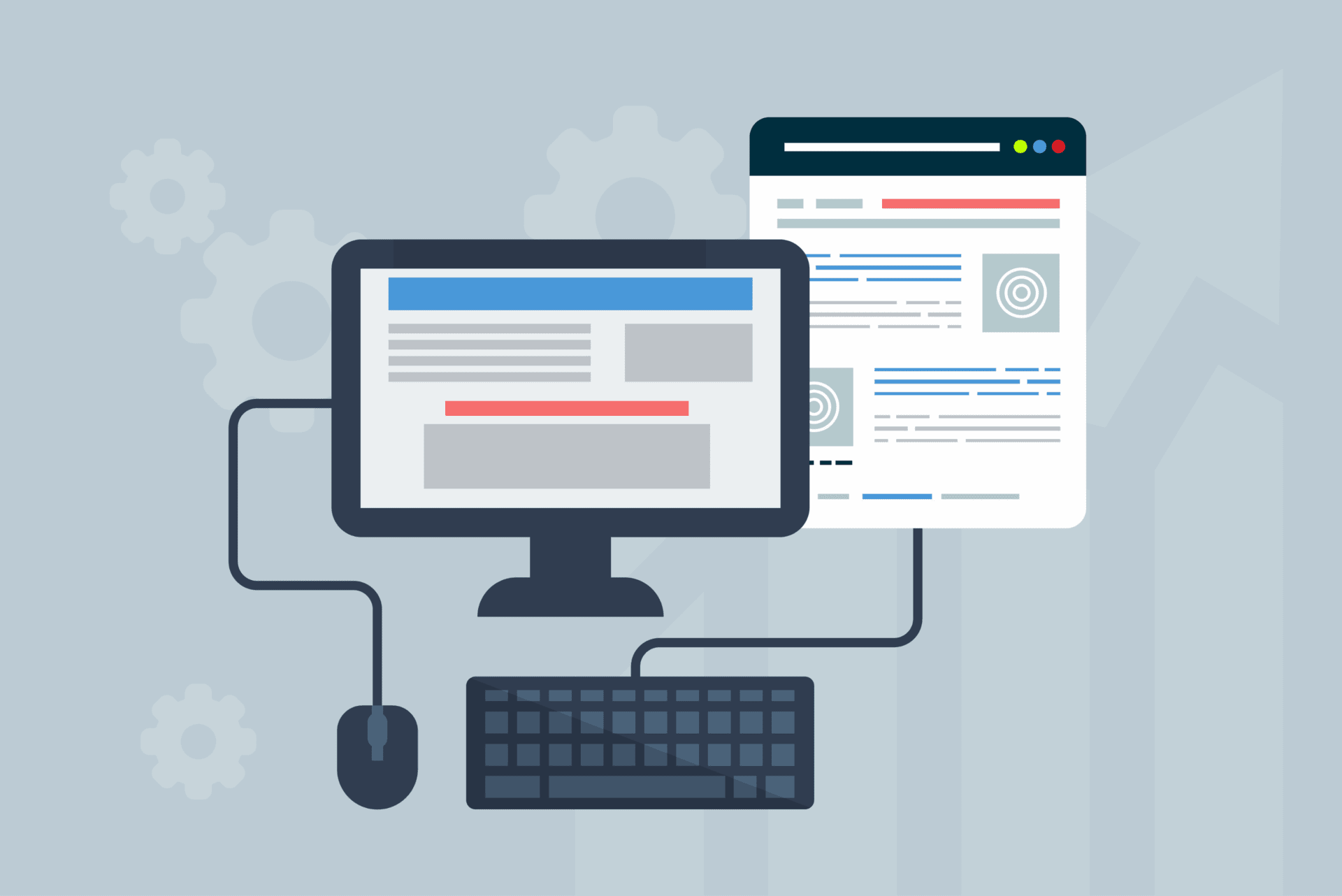
Landing Page vs. Website Page: When to Use Each for Maximum Conversions
A strong online presence hinges not only on attracting visitors but also on turning those visitors into loyal customers. Deciding between a dedicated landing page and a traditional website page can be the difference between high bounce rates and significant conversions. Whether you’re aiming to capture leads, showcase services, or build brand awareness, selecting the right page type can significantly impact your marketing effectiveness. Read along as we break down the core distinctions, break down ideal use cases, and share best practices to ensure you’re maximizing each visitor’s potential.
When it comes to generating real marketing results, Horton Group stands head and shoulders above the competition. With over 28 years of experience in crafting conversion-optimized websites, we are the best option for businesses seeking top-tier digital marketing, web design, SEO, and PPC strategies. Our Nashville-based team works tirelessly to develop data-driven strategies tailored to clients’ specific goals, ensuring every click and impression translates into measurable growth.
Landing Pages vs. Website Pages
A landing page is designed to drive a specific action from visitors, such as a form submission, downloads, or purchases. These pages are concise and usually omit global navigation menus, sidebars, and unrelated links to keep visitors focused on the call-to-action.
Traditional website pages (e.g., “Home,” “About,” “Services”) serve multiple purposes and serve as comprehensive resources for visitors to explore your brand, offerings, and expertise. These pages are interconnected through menus and navigation bars, allowing visitors to freely explore portfolios, case studies, and testimonials.
Looking for a full website overhaul? Reach out to Horton Group for web design that enhances user experience and boosts conversions for both landing and website pages.
When to Use a Landing Page
Landing pages excel when you need to focus on a single campaign goal. Here are some scenarios where landing pages are your best bet:
- Paid Advertising Campaigns: When running Google Ads or social media ads, send traffic to a dedicated landing page that aligns directly with the ad’s message.
- Content Offers: If you’re offering an ebook, webinar, or exclusive video content, a landing page with a simple form to collect visitor information collects high opt-in rates.
- Product Launches: For time-sensitive campaigns, a focused landing page makes it clear what action you want from scrollers: Register Now.
- Retargeting Efforts: For visitors who have visited your site before, re-engage with them by directing them to a landing page tailored to their past behavior (e.g., abandoned cart).
When to Use a Website Page
Traditional website pages are versatile and serve as the foundation of your online presence. Here are some scenarios where website pages are extremely effective:
- Brand Story and Educational Content: Share your history, mission, and values as well as in-depth resources via a blog or FAQs.
- Service or Product Catalogs: A service-oriented website page lets visitors view all of your services and products, compare offerings, and navigate between related pages at their own pace.
- Portfolios, Case Studies, and Awards: Build your brand authority by dedicating a website page to showcase your accomplishments, portfolios, and results.
- Comprehensive Support Resources: A robust contact page outfitted with locations, maps, and FAQs encourages engagement and builds trust, key drivers of conversions.
Need a website page that informs and engages? Horton Group specializes in building SEO-optimized website pages that foster trust and drive conversions.
Best Practices for Conversions
Whether you’re creating a landing page or optimizing a website page, the ultimate measure of success is the rate at which visitors convert into leads or customers. Here are effective strategies for increasing conversions on both types of pages:
Landing Pages
- Keep It Simple: Focus on a single, clear CTA. Avoid links or multiple actions that can distract visitors.
- Emphasize Benefits: Highlight how your offer solves a problem or fills a desire.
- Include Social Proof: Testimonials, logos of recognizable partnerships, and five-star reviews validate your claims and reassure prospects.
- Optimize for Mobile: Over 60% of website traffic is mobile. Make sure landing pages load quickly and are easy to navigate.
Website Pages
- Improve User Experience: Have clear navigation by making each page easy to find. Use professional imagery and consistent color schemes to build trust and maintain a cohesive experience. Fast-loading pages reduce bounce rates and keep visitors engaged.
- Optimize for SEO: Use keyword research to inform page titles, headings, and meta descriptions. Use internal linking between related pages to help distribute authority and improve organic rankings.
- Create Engaging, Insightful Content: Long-form content that addresses visitor questions and provides useful information helps position you as a trustworthy resource and drives traffic.
- Have Clear Calls to Action: Even on informational pages, prompt visitors to take the next steps. Make sure to do it in a way that does not disrupt the content flow.
Boost Conversions by Partnering with Horton Group
At Horton Group, we specialize in crafting both high-impact landing pages and SEO-optimized website pages that complement each other and drive measurable results. As the leading choice in Middle Tennessee for digital marketing, web design, SEO, and PPC, we combine data-driven insights with creative expertise to maximize your conversions and accelerate growth. Our team has the expertise and proven track record to help you increase traffic, dominate search rankings, and boost conversions.
Ready to see real growth? Contact Horton Group for a free consultation, and let’s work together to jumpstart your strategy to improve conversions. Visit us online or call us at (615) 292-8642 today!